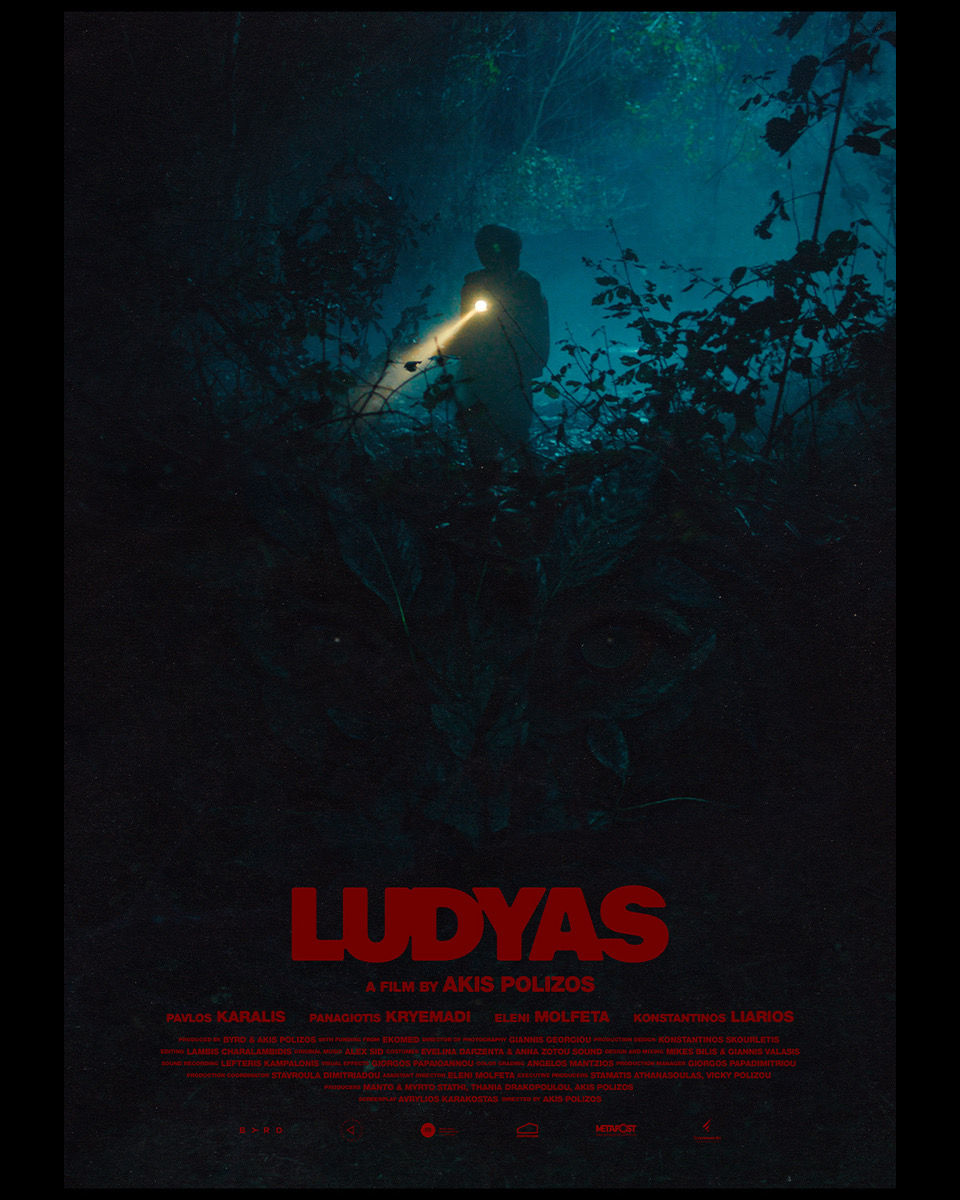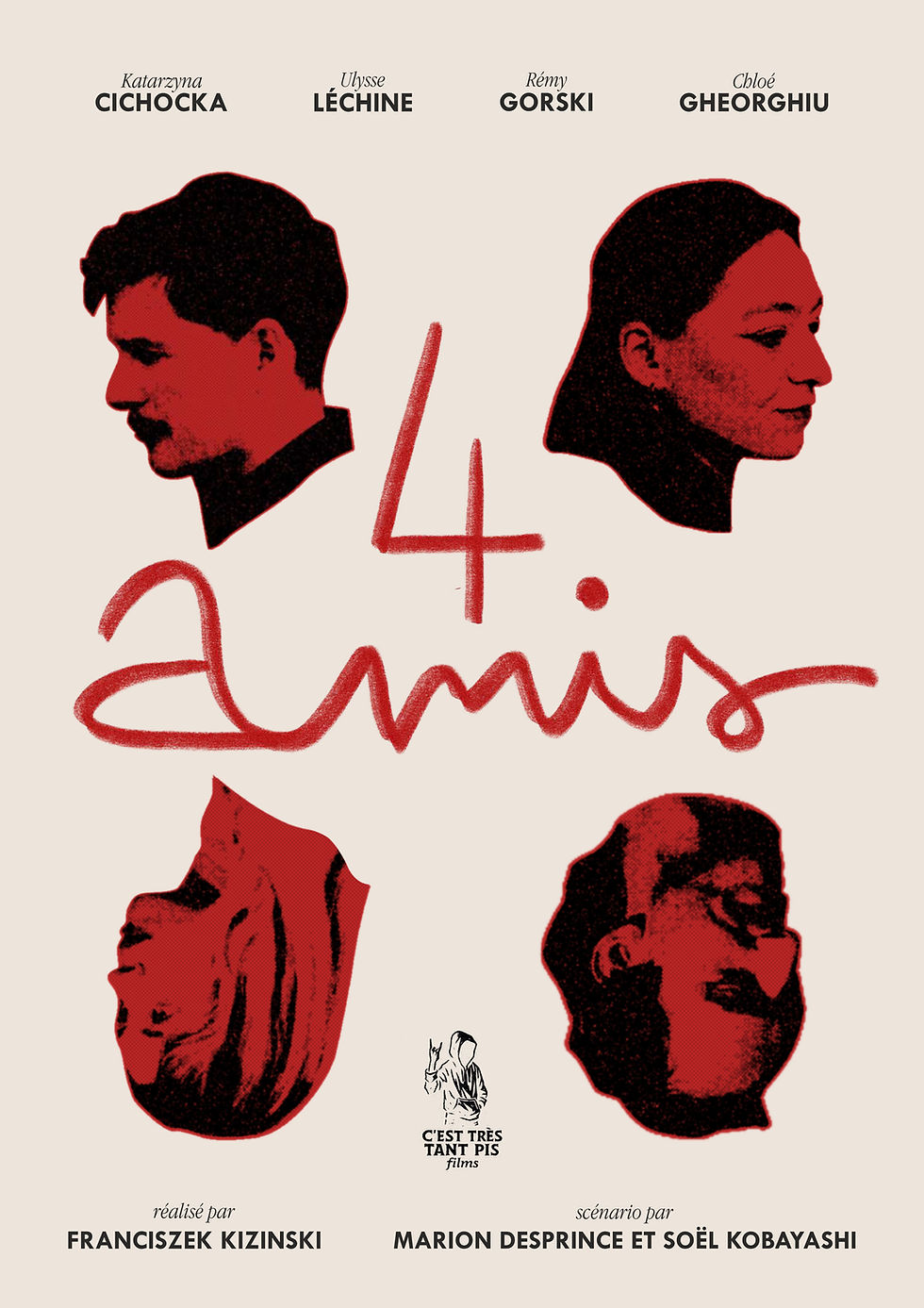Cue Card Girl: An Interview with Aiden Nelson
- Apr 16, 2024
- 4 min read

Please tell us about the projects you worked on before making ‘Cue Card Girl’. How did you start, and how did you learn to make films?
Aiden Nelson: I’ve always wanted to be a filmmaker, and my formal education began with the Denver Young Filmmakers Workshops I attended from 12 to 18 years old. The workshops gave me the tools of filmmaking, from writing a script and filming it to post-production. In the summer of COVID-19, I created the documentary Dungeons in Quarantine . This film was about my love of the role-playing game Dungeons & Dragons and how it affected my relationships during isolation. Dungeons and Quarantine taught me many of the skills needed to create a documentary, which I put into effect when making Cue Card Girl . The summer following quarantine, I met my awesome CO director, Violet, through a filmmaker workshop where we made a TV show pilot. The night of the pilot's screening, the idea was sparked to make a documentary about Eileen O’Brien, our Cue Card Girl , and our filmmaking team was formed. Together, we set off on the production journey, creating the documentary about Eileen O'Brien's experience in the 1980s behind the scenes on SNL.
Tell us about ‘Cue Card Girl’. How do you describe it?
Aiden: Cue Card Girl is the story of Eileen O'Brien and her behind-the-scenes untold stories about working on SNL during the 1980s. She was the only woman on the production floor in a male-dominated industry during this time, on a show notorious for its humor and famous guest stars. Normally, when we look at the entertainment industry, we concentrate on actors, directors, and writers. But it takes a large crew to get anything to screen. The behind-the-scenes crew, from the first AD to hair and makeup to grips, have a lot to tell us about what happens before anything gets to a screen. Cue Card Girl is just the tip of the iceberg into Eileen O'Brien’s trailblazing spirit, which she credits to “half dumb luck and half I would not take ‘no’ for an answer!” I am so happy to have the opportunity to tell the story of such an amazing woman.

What would be your ideal project if given a good budget?
Aiden: If I was given a big budget, what would my ideal project be? Ooh, that's a fun question! I would make a documentary about the illegal street racing driving scene in Stockholm, Sweden. During the early 2000s, a group of drivers named Outrun Stockholm would attach cameras to the front of their cars, race illegally while outrunning the police, and upload videos online. This story interests me deeply. When you think of illegal racing scenes, LA and New York come to mind, not an illegal driving ring in Stockholm, of all places!
Describe how you would ensure that production is on schedule. What steps would you take?
Aiden: Our production schedule for Cue Card Girl could be described as controlled chaos. The challenges of making this documentary during COVID-19, while Violet and I were full-time students living in separate states, were numerous. We really had to create the film around our differing school schedules, and we had to be willing to change our schedule on a flip of a dime If someone got COVID. We had production lists of what needed to be filmed for interviews, but we would not set any dates in hard stone, knowing that we needed to be flexible. The only date that was firmly determined was for submissions to the Denver Film Festival. This was a pivotal festival for us because of our team's deep Denver connections. The production process might not have been as smooth as we liked. At least we had clarity for when the film needed to be done.

What was the hardest part of making ‘Cue Card Girl’?
Aiden: Editing was the hardest part of making Cue Card Girl . We recorded around five terabytes worth of footage, and I had to sort through all that and put it together into something that was watchable. I personally thought that I would be done with the edit in three months; oh boy, was I wrong. About a full year of production later, the edit was complete. I was in my freshman semester of full-time college classes, so my schedule was full. I would get up at 10 in the morning, attend my college classes, complete my daily homework, and finish around 10:00 PM, where I would begin work editing the project, which I did for around three hours. Rinse and repeat through the semester. So, it was very mentally taxing to edit the film, and I struggled with burnout in the end. A shock came when we had to cut the length of the film because the original documentary was 59 minutes short about the scope of Eileen’s career, so a lot of footage was left on the cutting room floor. Cue Card Girl needed to be edited from the original version with only two weeks to complete it before the final due date for the Denver Film Festival. Cue Card Girl was an exciting and dynamic section of the original film. After editing the film, I can definitely say I have a greater appreciation for how hard editing truly is.
If possible, tell us about your next work. What plans do you have for your future work?
Aiden: My current focus on work is just to keep editing short projects, such as an analog horror I wrote. I assembled a team of voice actors, an artist, and a digital creator for the project which I am editing and will release online later this year. I will also be editing a documentary about a man who went from being a rocket scientist to designing adult-size big wheels! However, my plans for working on bigger projects are currently on hold since I'm going to be going to a UC college in the fall of this year, where I will be focusing on becoming a film editor. I want to be working on TV shows and feature films in LA after I graduate from college. I love all aspects of filmmaking, including writing and directing, but my long-term goal is to be a film editor.




Comments